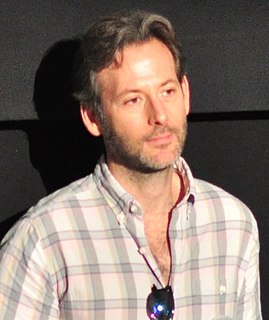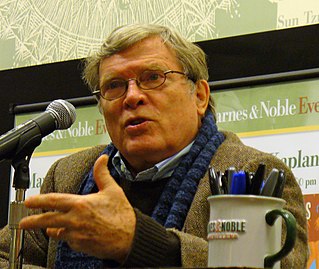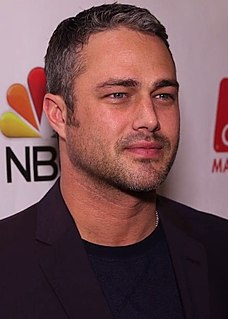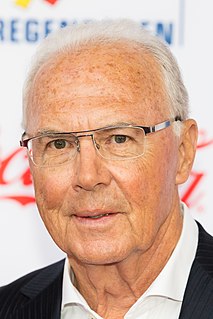A Quote by Jodie Foster
Interestingly, when you do films, sometimes you have conscious reasons, things that you were looking for, or stuff that you were trying to do. And then, you see the film and you think, "Wow, it ended up being something totally different!"
Related Quotes
Ever since I was a about seven or eight; I think it was seven. My brother said "I want to start acting," and me and my sister just said, "Oh we'll try it, we'll see." It was just one of those things - we were just like, "Oh, we'll see what happens." So we ended up - all my siblings and me - we ended up just trying it, and I got that one role on In Plain Sight and then we just decided to keep going and see what happens. And then: Hunger Games.
When filmmakers are kept from making films, there's a lot of different reasons why. Sometimes you work on a film and cast it and do all the work and can be just a month away from shooting, and all of a sudden, the whole thing goes up in smoke. But I do think the advent of a digital revolution is going to provide people with opportunities to make films that they never would have had before. I think you can do some pretty credible stuff now with very, very little money. Which I think is great for young filmmakers.
I was a big fan of a writer named Jack Vance, a science fiction writer. He always wrote about these guys who were either going down a river in a strange world or would be in this one land where people acted really strange, and he'd have these interactions with them that were strange - he'd usually get run out of town or something. Then he'd end up in the next town over where the rules were totally different. And I love this stuff.
I like the saying: "The world is as you are." And I think films are as you are. That's why, although the frames of a film are always the same - the same number, in the same sequence, with the same sounds - every screening is different. The difference is sometimes subtle but it's there. It depends on the audience. There is a circle that goes from the audience to the film and back. Each person is looking and thinking and feeling and coming up with his or her own sense of things. And it's probably different from what I fell in love with.
I also loved that there [in Into the Forest] was a beautiful balance to it, where they were strong and survivors and doing things in the film that we normally only see men do, but they were still human and vulnerable, and they still broke and had moments of weakness. That's something that we don't often get to see in these films, either.
I was in San Francisco for 'Trauma' and then got back to town and got situated and started looking at things and passing on things. I think I was around for a month and a half, and there were other projects that were up, but it's all a waiting game. And then, 'The Vampire Diaries' came up, and I was really interested and read for it.
Success has many ways of coming to you. Sometimes it comes right away, and then the film's instantly forgotten. Sometimes you can't remember what won the Academy Award for best picture, and then you can remember the one that didn't. And then sometimes in the afterlife, films that were not successful at all become these giant successes.
I think a very good movie director makes films to entertain people, but not to be considered like they were Cervantes, you know? One of the biggest problems now, with all the festivals and everything, is a confusion between the quality and the beauty and the highness of things. A film is a film. It's something to entertain you a couple hours. Not to be considered as if it were Shakespeare.




































